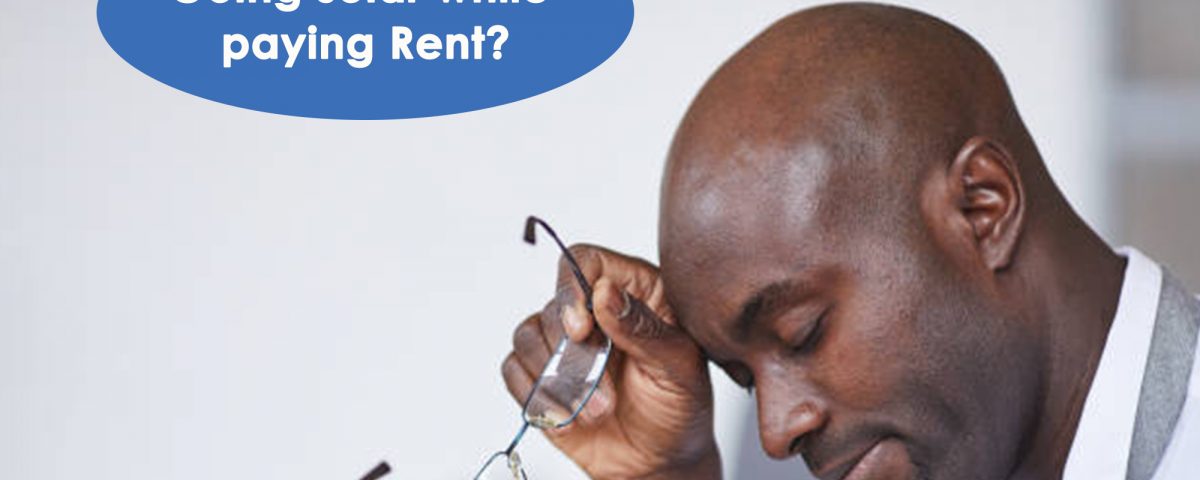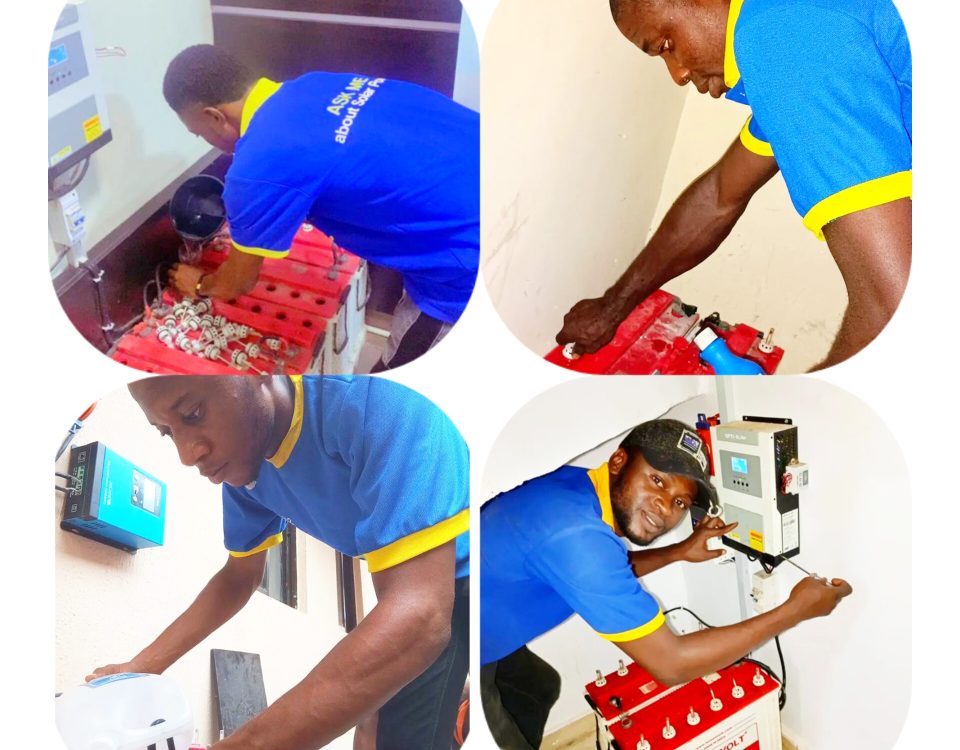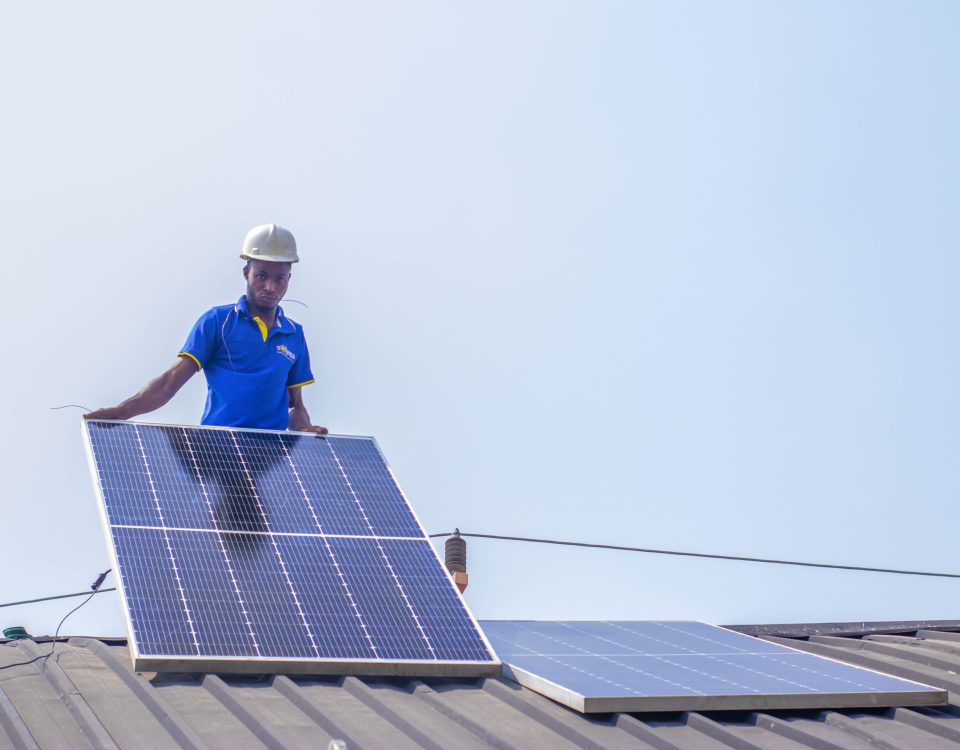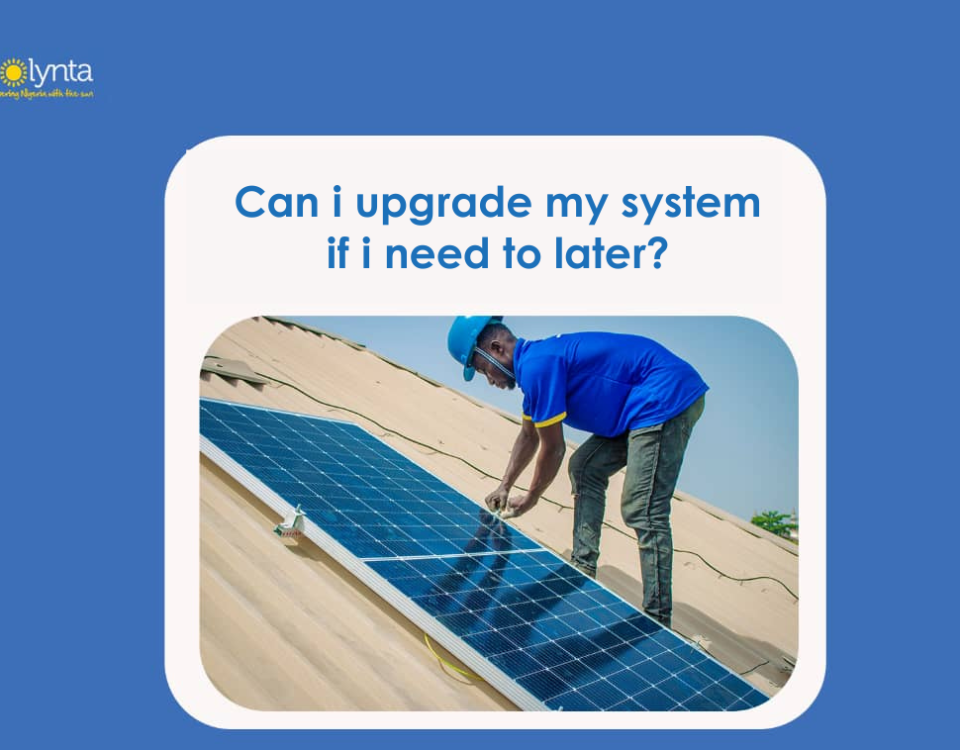Going Solar While Paying Rent?

Saving Energy While Working from Home
2020-07-23
First Commercial Mini Grid in Nigeria Mounted in Ogun State
2020-07-28Is solar an option for those living in rented accommodation or those who own their home and may need to move in future? Find out what happens to your solar panels if and when you move.
We really cannot predict the future, the only thing certain is that: electricity bills as other bills will be on a steady rise. Switching to solar energy will help you to reduce — and possibly dissolve your monthly electricity bill. Regardless of the fact that the cost of solar panels systems has plummeted over the past few years, one of the most common you may have which is delaying your switch to solar is not being settled in your personal home. Statistic from a financial research conducted showed that 85% of Nigeria’s urban population live in rented homes. Chances are, even if you own your home, you will probably outgrow it at some point, or have to relocate for another reason. Nothing is fixed. But these uncertain factors should not deter you.
Here are some things to note about solar panel systems regardless of the house you live in.
- Solar Energy is an Investment in Your Financial Future
Solar energy is a great investment for both short and long-term savings. Plus, you will see a return on your investment whether or not you decide to move.
Think of it this way: Does it mean that you have resolved to pay more bills (which are constantly on the rise) because you are not in your personal home? One of the ideas behind financial stability is cutting down on expenses.
- Short Term Savings: Lower Monthly Electricity Bills
The biggest reason homeowners make the switch to solar energy is the immediate savings they see on their electricity bills every month.
Switch to solar and you should be able to offset 70–90% of your electric bill. These short-term savings definitely add up over time.
- Long Term Savings Help You Pay Off Your Installation
Since the price of installing solar panels is lower than ever, you’ll be able to pay off your system using just your electricity bill savings in record time.
Once you pay off the cost of your solar array, you’ll be generating “free” electricity as long as your solar panels are active.
And since most solar panels can last anywhere from 25–50 years, that is a lot of income you get to save on.
But if you’re not in your forever home, you may be wondering if you’ll keep your solar array long enough to see the benefits.
- Earn a Solid Return on Your Investment Either Way
Combine all your savings and you’ll be able to pay off the cost of switching to solar — if you stay in your home long enough, right?
True, but not exactly.
See, the longer you keep your solar panels, the more you’ll rack up in savings. That’s true.




